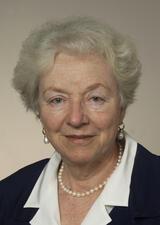Education: Teachers
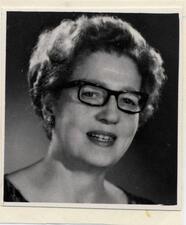
Lena Kenin
Lena Nemerovsky Kenin made major contributions to both gynecology and psychology with her successful medical practice and her groundbreaking work on postpartum depression.
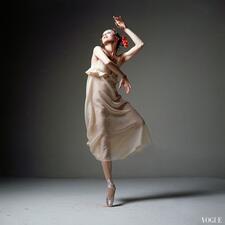
Allegra Kent
Lillian Ruth Kessler
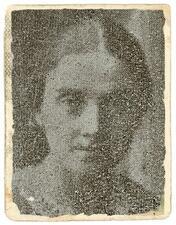
Helene Khatskels
As a member of the General Jewish Workers’ Bund, Helene Khatskels fought to realize socialist ideals about autonomy and liberation. As a Yiddish teacher and writer in Tsarist Russia and later the Soviet Union, she demonstrated a commitment to spreading and inspiring pride in Yiddish culture.
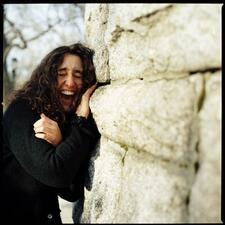
Loolwa Khazzoom
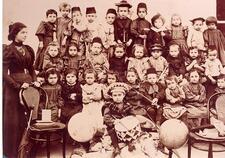
Kindergartens in Palestine: First and Second Aliyah (1882-1914)
Hebrew-language education of the youngest Jewish residents of Palestine was considered key to the continued success of the Zionist movement. The women who taught in these kindergartens, established during the First and Second Aliyah, demonstrated their dedication to the movement and became essential to its success.
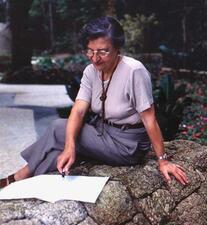
Rosa Grena Kliass
Rosa Kliass is a trailblazer in the field of Brazilian landscape architecture. After graduating from university, Kliass established the first landscape office run by a woman in Brazil. Kliass’ extensive experience in public works, combined with a broad interdisciplinary approach, led her to serve as a consultant to several governmental institutions.
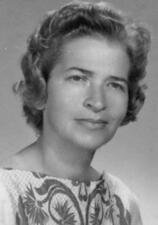
Reizia Cohen Klingberg
Reizia Cohen Klingberg began her career as a teacher, but when she began hearing reports of deportations and disappearances, she returned to occupied Krakow in 1942 and joined the ghetto’s underground movement. The group stole and smuggled weapons and attacked German officers. Despite being betrayed, arrested, and deported, Klingberg survived to be liberated by American soldiers at Auschwitz and subsequently moved to Palestine.
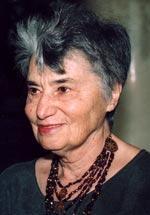
Ruth Klüger
A Holocaust survivor from Vienna (1931-2020), Ruth Klüger emigrated to the United States in 1947 and pursued a career in academia. Her German-language autobiography weiter leben: Eine Jugend (1992) revealed her personal experience of the Holocaust to the public, establishing her as one of the leading public intellectuals on the Holocaust in Austria and Germany.
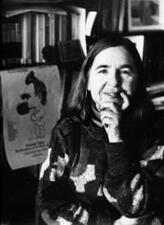
Sarah Kofman
Sarah Kofman was a French Jewish philosopher and professor who published many books on Freud, Nietzsche, Rousseau, and more.
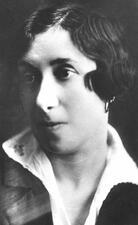
Feiga Izrailevna Kogan
Poet Feiga Izrailevna Kogan was born into the Moscow Jewish community in 1891. Throughout her life she composed books of and about Russian poetry while harboring a love of Hebrew. Some of her works include: Moia dusha (My Soul) and Plamennik (The Torch).
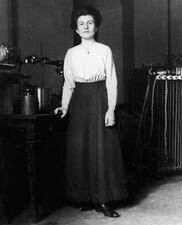
Hedwig Kohn
Born in Breslau, Hedwig Kohn was one of the early woman pioneers in physics. After a narrow escape from Nazi Germany, she went on to teach at Wellesley College and pursue independent research at Duke University in the field of flame spectroscopy, measuring absorption features of atomic species in flames.
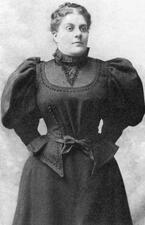
Rebekah Bettelheim Kohut
Gertrud Kolmar
Gertrud Kolmar was a prolific German-Jewish poet. Kolmar published three collections of poetry during her lifetime, primarily detailing the experiences of women as mothers, childless women, lovers, mourners, travelers, and the persecuted. Kolmar’s work is a vehicle for readers of the early twenty-first century to come to terms with the events of the Shoah.
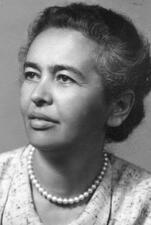
Malka Kolodny
Malka Fisz Kolodny served as one of the first teachers in pre-State Palestine. She taught subjects ranging from basic literacy to chemistry and biology and encouraged, counselled, and supported her students, staying in touch with them for years.
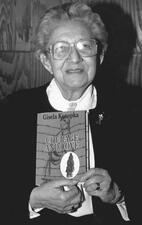
Gisela Peiper Konopka
Berlin-born Gisela Konopka built an international reputation as a group social worker and expert on youth issues. Lauded for her involvement in the rebuilding of social services and education in post-war Germany and beloved by her students at the University of Minnesota, Konopka received more than 42 awards in her lifetime.
Gertrud Kornfeld
Gertrud Kornfeld was the first woman scientist to receive an academic appointment at the University of Berlin, having been appointed lecturer in physical chemistry in 1928. After being dismissed in 1933, she eventually made her way to the United States, where she became a researcher for the Kodak Company in New York.
Frances Krasnow
Frances Krasnow helped bring scientific rigor to dental medicine through her research into oral biochemistry and microorganisms. A graduate of Barnard College, Columbia University, and the Teachers Institute of the Jewish Theological Seminary, Krasnow would eventually receive recognition for being a pioneer in both science and Jewish education.

Gertrud Kraus
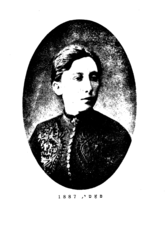
Pati Kremer
Pati Kremer was one of the pioneers of the Jewish workers’ movement in Eastern Europe. Already an active member in the 1890s of the so-called Vilna Group, the precursor to the Bund, she remained closely associated with the Jewish workers’ party until her death in the Vilna Ghetto.
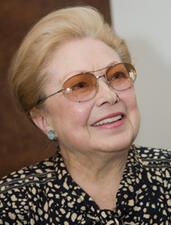
Mathilde Krim
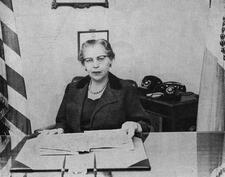
Anna Moscowitz Kross
Mariana Kroutoiarskaia
Mariana Kroutoiarskaia was a talented Russian composer and music producer who dedicated her entire life to music, film, and television. Kroutoiarskaia worked as a music editor for Russian television, a lecturer, and a composer for many films. She also supervised the arrangement and publication of music for children by various composers.
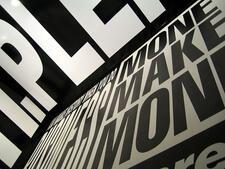
Barbara Kruger
Barbara Kruger creates conceptual art that pushes audiences to question assumptions about gender, violence, patriotism, and their relationship to the media. Kruger has exhibited in galleries and museums in the United States and Europe. Perhaps more significantly, she has brought her art to such urban public spaces as bus stops, subway stations, and billboards.
